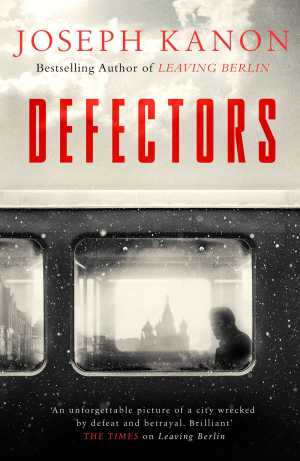 Draft No. 4: On the Writing Process by John McPhee
Draft No. 4: On the Writing Process by John McPhee
My rating: 4 of 5 stars
I include what interests me and exclude what doesn’t interest me. That may be a crude tool but it’s the only one I have.
I came to this book from an odd angle. Neither a reader of The New Yorker (where McPhee has published the lion’s share of his work), nor a reader of John McPhee’s books, nor even aware of his existence until a few months ago, I was nonetheless gifted this book for Christmas. It was an intelligent choice. McPhee is a kindred spirit, a nonfiction writer who loves nature, science, and the written word; whose rapacious curiosity for apparently prosaic subjects—oranges, rocks, the merchant marine—is only matched by his rapacious attention to the craft of writing.
Among a certain crowd of readers and writers McPhee is worshipped this side of idolatry. In this way he strongly resembles another writer for The New Yorker, E.B. White, whose style has become synonymous with good taste. The two men, very unlike in many ways, share something more: an odd mixture of down-home folksiness and slick sophistication. Their tone is frank and unpretentious, their subjects far removed from the shibboleths of high culture, and yet their writing is polished, refined, and consummate.
This book is presented as the written version of McPhee’s famous class on creative nonfiction at Princeton, which he has been teaching for over 40 years. This class is a part of the McPhee legend, since so many of its students went on to become highly regarded writers themselves. (There does seem to be a problem of cause-and-effect in attributing this success to the class, however, since to join the class you need to submit a writing sample, and only the best 16 are admitted.) As such, I opened this book expecting to find something like a style manual or a writing guide.
But Draft No. 4 is only peripherally concerned with giving advice. It is primarily a series of essays on his experience writing, researching, editing, fact-checking, and publishing. I admit that I was disappointed with this at first, since I was hoping for a focused series of tips and exercises, something along the lines of William Zinsser’s On Writing Well; but McPhee writes so charmingly that these misgivings were soon forgotten. Indeed, I had trouble putting the book down, and in short order finished it.
The most memorable chapter of the book is “Structure,” in which he illustrates some of the organizational schemes he has employed. McPhee, you see, is deeply concerned with the structure of his writing, in ways that I didn’t even imagine possible. In writing I tend to think of structure linearly, as an unbroken arc of meaning; but McPhee has the mind of a modern architect, and his arrangements are far more intricate. He illustrates these arrangements with idiosyncratic diagrams—incomprehensible to all but him. The diagram for Encounters with the Archdruid, for example, consists of the letters A, B, and C over a line, with D underneath. What does this mean?
In the rest of the book we are given several snapshots of his career. We see him interviewing Woody Allen (“a latent heterosexual”), learning to use Kedit (an arcane software program that he uses to organize his material), inventing bad puns as a young writer for Time, working with (and sometimes against) The New Yorker’s famously assiduous fact-checking department, negotiating the perils of editors, house-styles, and publishing deals, and other adventures in the life of a nonfiction writer.
The writing advice interspersed between these anecdotes, collected together, would likely not amount to a page and a half. And I must say the advice did not grab me. After long enough, all council on the craft of writing begins to sound the same: omit, condense, search for the right word, start with a strong lead, etc., etc. John McPhee’s emotional guidance is also in line with a noble tradition: writing is herculean, writers are masochists, writer’s block is the seventh layer of hell, and so on. Parenthetically, I think writers ought to stop complaining about writing or wallowing in its struggles. To me it always comes across as shamelessly melodramatic.
All carping aside, I thoroughly enjoyed this book. McPhee has clearly earned his reputation as a master of the craft. Each line of every essay exhibits intelligence, taste, and care. He is full of stories and knows how to tell them; and, true to form, he knows how to weave these stories into a satisfying whole. I look forward to reading more of McPhee, particularly Annals of the Former World, and in the meantime will hope that some of his obsessive care for the art of writing has rubbed off.
View all my reviews
Advertisements Share this:




